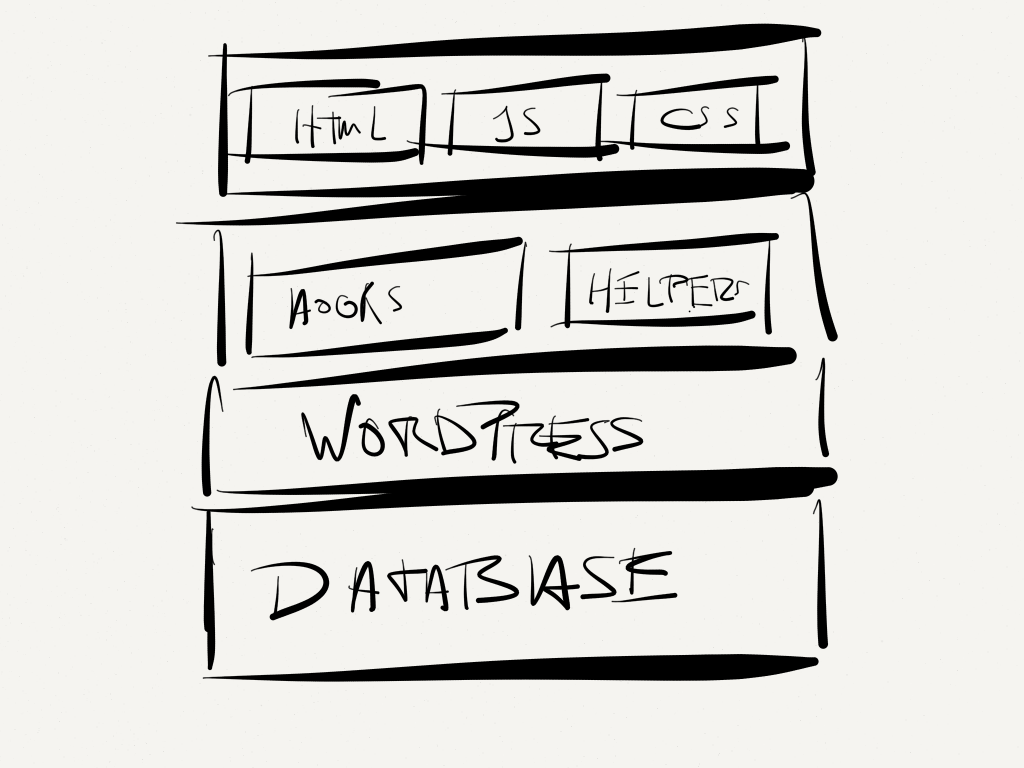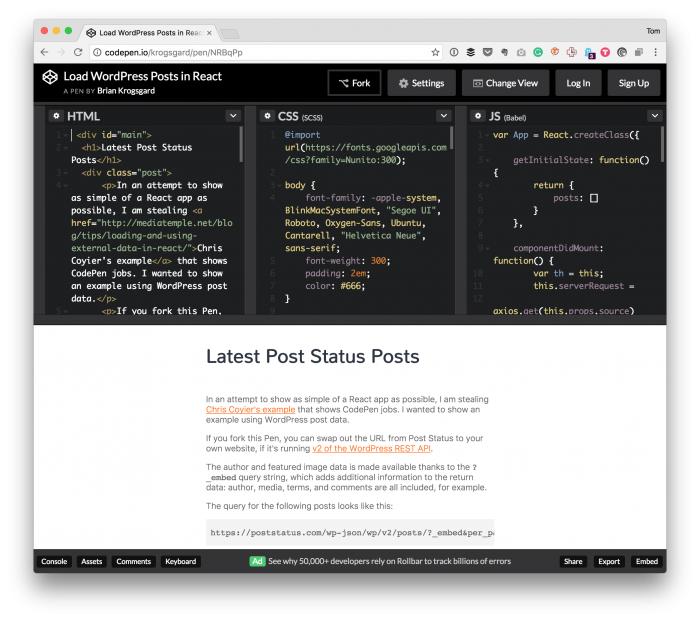For whatever reason, it doesn’t seem common that we talk much about design patterns and WordPress. And that’s odd to me.
Maybe I’m not talking to the right people, maybe I’ve got my head in the sand, maybe it’s just not something about which people share much information, or maybe people who work with WordPress don’t care that much about design patterns at all.

The architecture of WordPress is not the same as using design patterns iin WordPress.
But if you’re using WordPress and you’re building more than a theme or a simple plugin, the odds of you building something more advanced and not taking advantage of design patterns seems highly unlikely.
Whatever the case, if you’re someone who’s working on advanced solutions – perhaps web applications, perhaps having your components talk to third-party components, or whatever the case – then it wouldn’t hurt to have a reference of popular design patterns and antipatterns would it?

